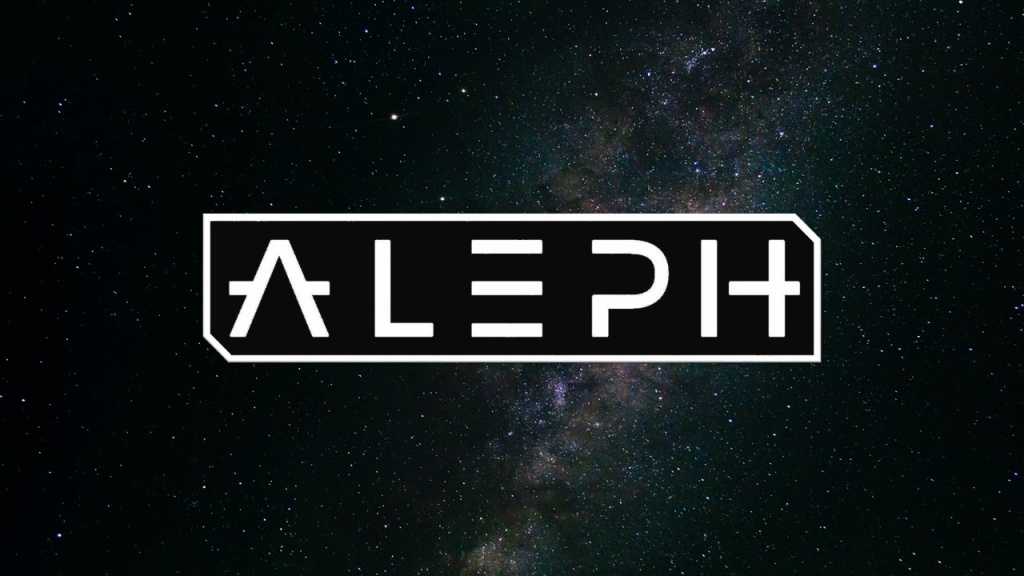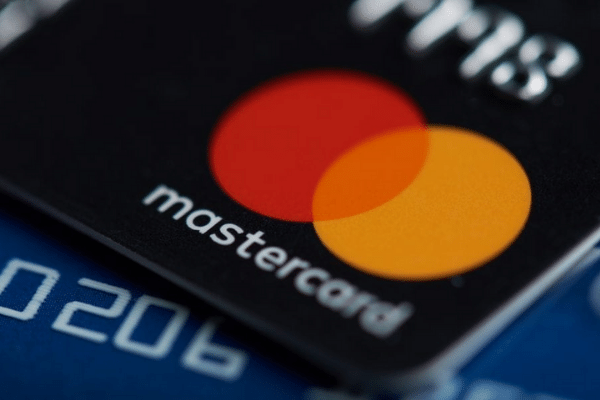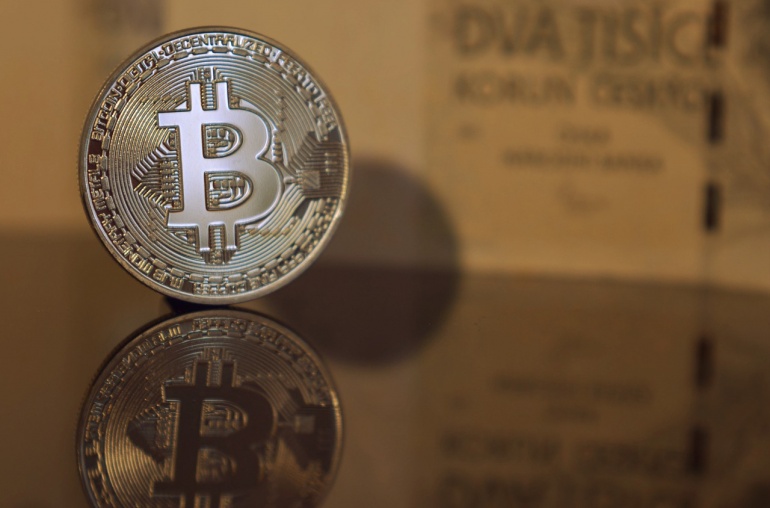
There is no argument that blockchain technology is growing and blooming rapidly as the world vigorously embraces new technological advancements. The way blockchain allows us to store data and send value over a web of networks is still nothing less than groundbreaking. However, when you set the hype aside, blockchain is still in its infancy, similar to what the internet was in the 1980s.
The technology no doubt offers the highest level of security when done right, but sometimes it loses advantages from its cumbersome structure. There are constant efforts to tackle the scaling problem, however, and improving network speed often means sacrificing decentralization. In doing so, the network ends up becoming more vulnerable to security breaches.
SuperCryptoNews had a chance to interview Aleph Zero Foundation President and co-founder, Matthew Niemerg, Ph.D. as we delved into the project’s goals and insights on how it bears the answer to blockchain’s scalability problem. More often than not, blockchain-based projects aim to compete with others, attempting to be the fastest, smartest, most innovative and so on. Yet, it has become clearer over time that one platform or project cannot dominate the space. It is more important to create an ecosystem where different ideas and platforms co-exist in a complementary and sustainable manner.
Matthew Niemerg, Ph.D. — Aleph Zero President and co-founder
When asked about what Aleph Zero actually is and what it is trying to achieve, Niemerg condensed the project into two simple ideas: the consensus protocol and the platform.
“If someone is talking about consensus, then it means the Byzantine Agreement protocol,” Niemerg explained. “Aleph Zero is based on a Directed Acyclic Graph (DAG). The DAG is an intermediate data structure that stores groups of transactions in the vertices prior to constructing a blockchain that is based on some topological sort of the vertices of the DAG. The challenging bit is making sure that all honest nodes choose the same topological sort.”
DAG is actually a subset of Decentralized Ledger Technology (DLT) just like blockchain. Niemerg clarified that the speed and efficiency of the protocol stems from several properties, but that a high-level view is that by using a DAG, multiple blocks of transactions are created concurrently and then afterward are placed in total order, thus overcoming one of the core challenges of existing blockchain networks.
“We obtain optimality in the theoretical setting for the two primary properties—communication complexity and transaction latency. But who cares about theory if you can’t put it into practice? We’ve solved that problem, and this is evidenced from the results of our tests where we achieve over 89,000 transactions per second with a .416 second confirmation time. This assumes a transaction size of 300 bytes and a permissioned network with 112 nodes distributed across 7 AWS regions.”
Niemerg then moved on to describe the platform, where he argued that it is really the way to describe the logic behind who has the authority to query the data stored in the distributed system or who has the rights to manipulate or change that data.
“The consensus code is designed to be modular and reaches agreement on the most general representation of the digital world, that is of a specified number of bytes,” he shared.
“This allows us to support any smart contract language system with an appropriate open-source license. It’s accomplished by separating out the execution of state transition updates from the consensus layer. With interoperability solutions using so-called bridges, developers, or, better yet, the users of any given dAPP, will have the option to migrate the decentralized application (or the necessary ownership of data in the case users have the option) to the platform of choice.” he further explained, while claiming that dAPPs will be able to move between networks to soak up excess capacity and that this will work in the background without users realizing it.
Aleph Zero is also offering a proprietary token called the “A0” which is used in staking to incentivize validators to help secure the network, “The platform will operate in the permissionless setting and use the stake of the A0 coin to randomly select a committee for a short period of time. Although,” he points out, “that businesses could run their own private network using Proof of Authority and Aleph BFT as the consensus protocol.”
Better yet, the A0 token has value beyond staking in a PoS manner and offers utility as a discount when used to unwrap collateralized assets. “Recently, the team developed a threshold digital signature scheme (tECDSA) that allows us to wrap almost any digital asset, such as BTC, ETH, XTZ, ATOM, ZIL, etc. and mint a pseudo version of that asset that lives natively on the Aleph platform,” Niemerg explained.
The project will also offer a decentralized exchange and liquidity pools dubbed the “Common DEX” where users can trade against the liquidity pools in exchange for a fee which can be discounted if paid in A0 token.
“Using our multiparty computation technology, liquidity pools will be able to enable a dark pool service with its own fee structure to allow traders the option of privacy when trading against the liquidity pool,” he added.
Moreover, Aleph Zero will offer private smart contracts to allow enterprises to make use of the public & permissionless platform, which boosts speed without sacrificing any security. “Data can be stored or the execution of a smart contract can be done in a distributed manner all while maintaining the level of privacy enterprises would expect. Using a PKI, you’ll be able to specify who has read or write capabilities for the smart contract,” Niemerg concluded.
If you want to learn more about Aleph Zero, please visit their website at www.alephzero.org


